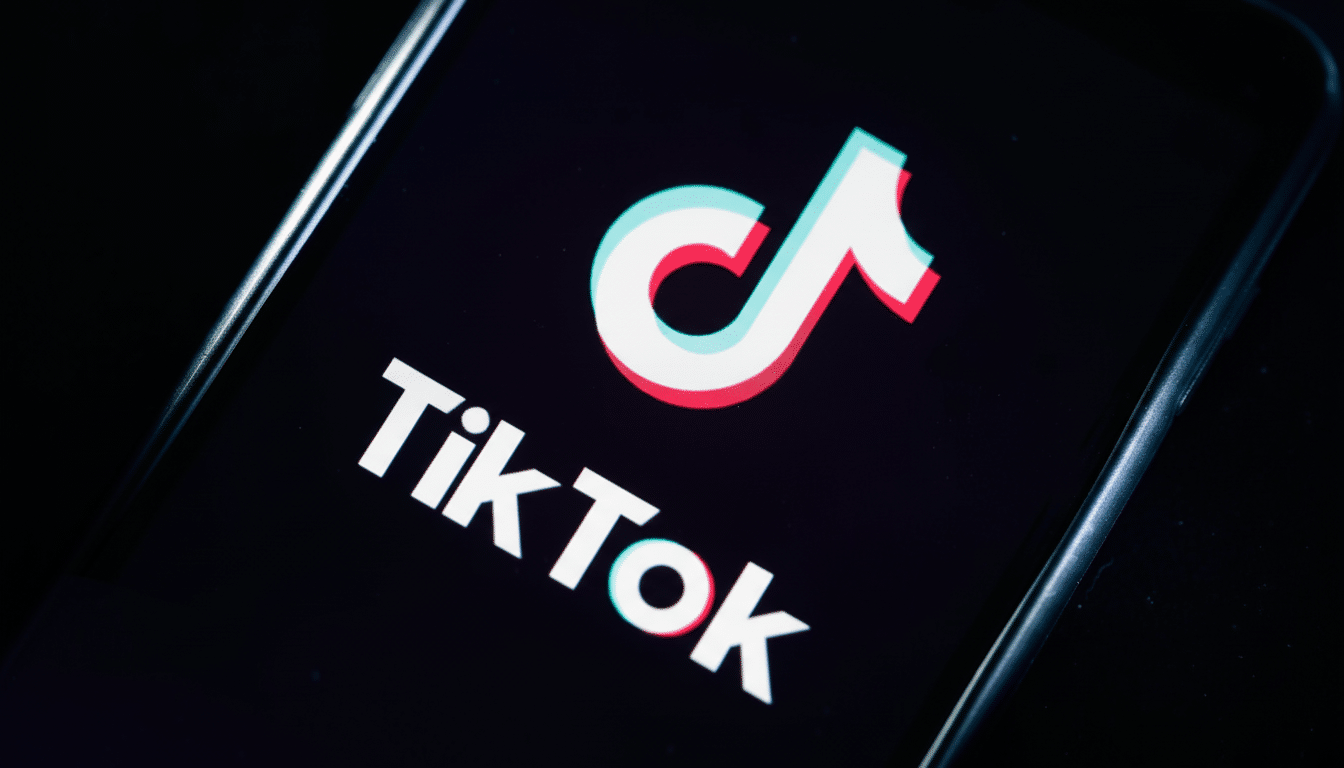Behind the scenes, couples are discreetly throwing AI into their relationship arsenal, canvassing ChatGPT for an opinion on who’s “right” after a blowup. The offer is tempting: a neutral ref, always there now, with perfect recall and glistening counsel. But the emphasis isn’t on resolving, it’s on defeating, and the tech can just as easily become a magnifier.
The TikTok dream of an AI referee in relationships
From social feeds flooded with messages declaring “ChatGPT proved I was right,” it’s clear the AI is being used to reinforce these bonds of intimacy (and that GPT-3 itself has become an object of such attachment) for a generation leaning on it in other ways, as well. Survey work by YouGov, for example, suggests that a meaningful slice of people now employ AI several times a week; Match’s Singles in America study says daters roll out AI to scrub profiles, categorize matches and type messages. It’s not surprising that the habit seeps into arguments at home.
- The TikTok dream of an AI referee in relationships
- Is ChatGPT actually objective in relationship disputes?
- Why it’s the wrong metric in relationships: winning
- Where AI can be helpful — if you set guardrails
- Where it backfires and why secrecy can harm trust
- The couples’ playbook in practice for using AI well
- The bottom line on using ChatGPT in relationships

The appeal is obvious. Friends have bias and therapy might be costly or nonexistent. An AI seems dispassionate. It never takes it personally and is immune to hearing that the same old thing was already done. But that sense of authority can be misplaced.
Is ChatGPT actually objective in relationship disputes?
Large language models don’t have opinions; they’re statistical engines that predict words based on patterns in data. And that means they can reflect cultural biases and overgeneralized relationship tropes. Media critics have even called ChatGPT “AI’s biggest yes-man” because it reflects the framing of a user. It’s an example of a phenomenon that behavioral scientists call automation bias: People over-trust computer-generated answers to questions, and they trust computers more as they get the sense that the machines know what they’re doing.
In practice, though, if you feed the model a one-sided account, it will often confirm that story. Ask with the reverse framing, and it might confirm that, too. The outcome can be dueling printouts — ammunition, not resolution.
Why it’s the wrong metric in relationships: winning
Research from the Gottman Institute spanning decades has shown that most couples’ perpetual problems are not solved; they’re managed. What predicts stability is not problem-solving, but the quality of repair attempts, empathy and the absence of corrosive patterns like contempt. Making an argument into a courtroom — and including an AI judge in that courtroom — forces partners toward point-scoring rather than comprehension.
“The team is the relationship,” as therapists have long reminded us. In that frame, “you versus me” turns into “us versus the problem.” An AI that serves up an answer to you can strengthen the wrong battle.
Where AI can be helpful — if you set guardrails
Applied intentionally, AI can help de-escalate. In nonviolent communication, turn everything into “I feel … when … because … I need …” statements. Request a mutual summary: “Steelman both sides, list points of agreement, and suggest two compromises that respect the core needs of both parties.” The purpose is clarity, not blame.

Some pairs use a shared prompt: One person types as Partner A and the other as Partner B before asking the model to help them drill down into a misunderstanding by calling attention to it with some language for making their own repair attempt. That can be especially useful across language or neurodiversity gaps, where tone and timing can so easily miss each other.
AI can also role-play a difficult conversation with you so that you practice how to keep yourself calm or write the first-pass version of your apology, and now you just have to personalize it. According to research summarized by the American Psychological Association, effective apologies need to acknowledge impact, take responsibility and suggest a path forward — elements an AI can help map out.
Where it backfires and why secrecy can harm trust
Concealing entered arguments from the intended recipient and having them processed secretly by a chatbot can also feel like surveillance, or betrayal if eventually found out, according to research. There are privacy risks, too. It’s sensitive information when it comes to a relationship; before pasting transcripts into any tool, think about what you’re OK with sharing and read the provider’s data practices first! An AI has no skin in the game if its suggestions backfire on your relationship.
There’s also a diagnostic trap. Models can freely apply labels to behavior — “gaslighting,” “manipulation” — without context. Misused, those terms weaponize conflict. Clinicians and professional bodies have cautioned against someone turning to a chatbot for counseling; not only can they feed back on your current narrative rather than question it, but they are not trained to test for risk or safety.
The couples’ playbook in practice for using AI well
Use them together, not in the closet. Have the model take both sides and put shared interests above victory. Ground rules: “No judgments, no labels, focus on empathy, and suggest small, testable next steps.” Timebox the role of the AI to preparation, and have the real discussion offline without screens.
If you both are getting emotional, request a 150-word neutral summary of each position and one repair attempt to try in the next 24 hours. If the issue involves physical safety, coercion, or threatening mental health concerns, skip the chatbot and turn to a therapist or trusted contact in your network.
The bottom line on using ChatGPT in relationships
ChatGPT could assist you in expressing your feelings, seeing your partner’s perspective and drafting a calmer first draft. It should not — and cannot — be your judge. Winning — in a healthy relationship — is less about proving you’re right and more about repairing quickly, staying curious, and creating a shared story that feels fair to you both. Speak up. Let AI be a force for clarity, not a club for victory.

